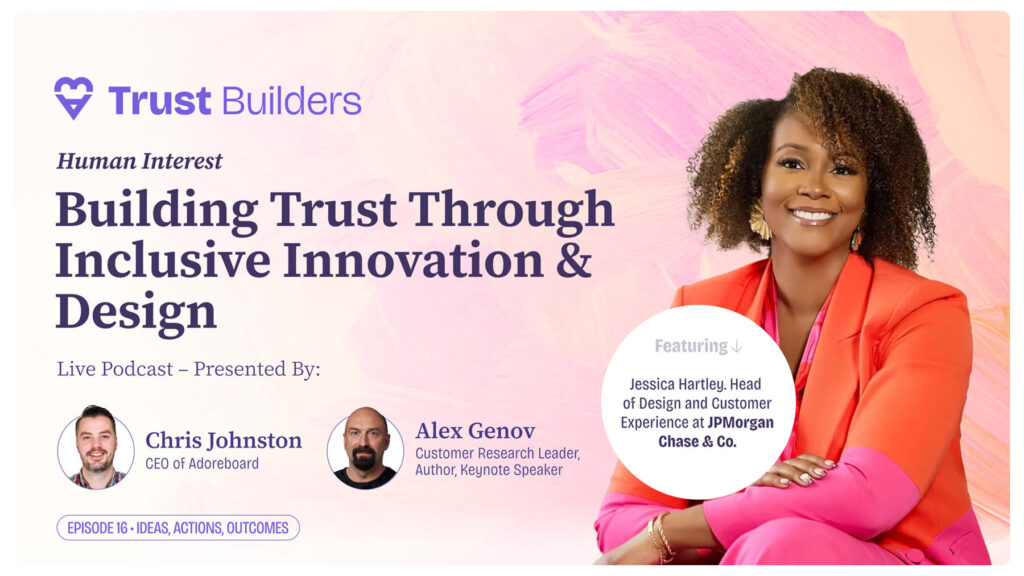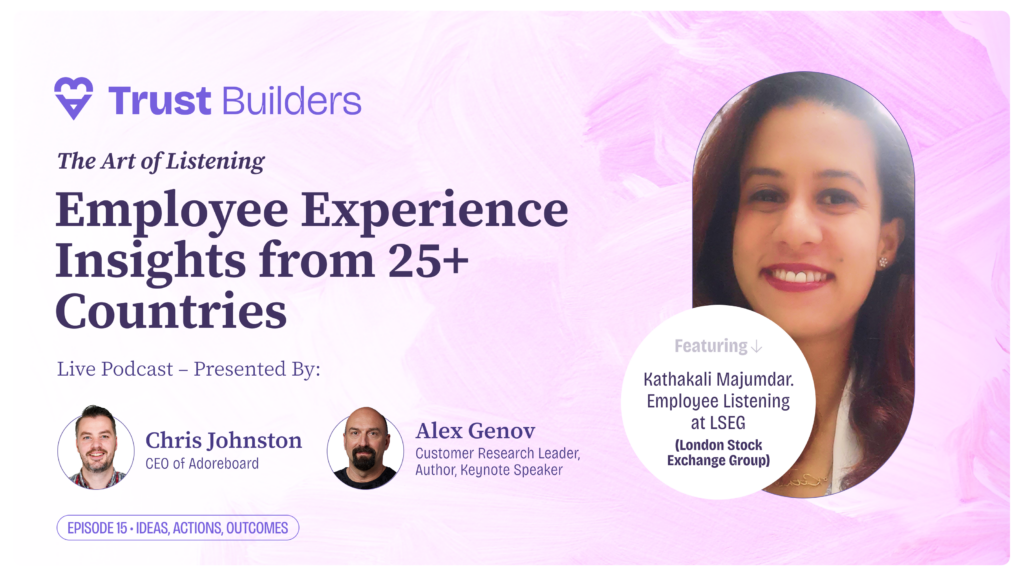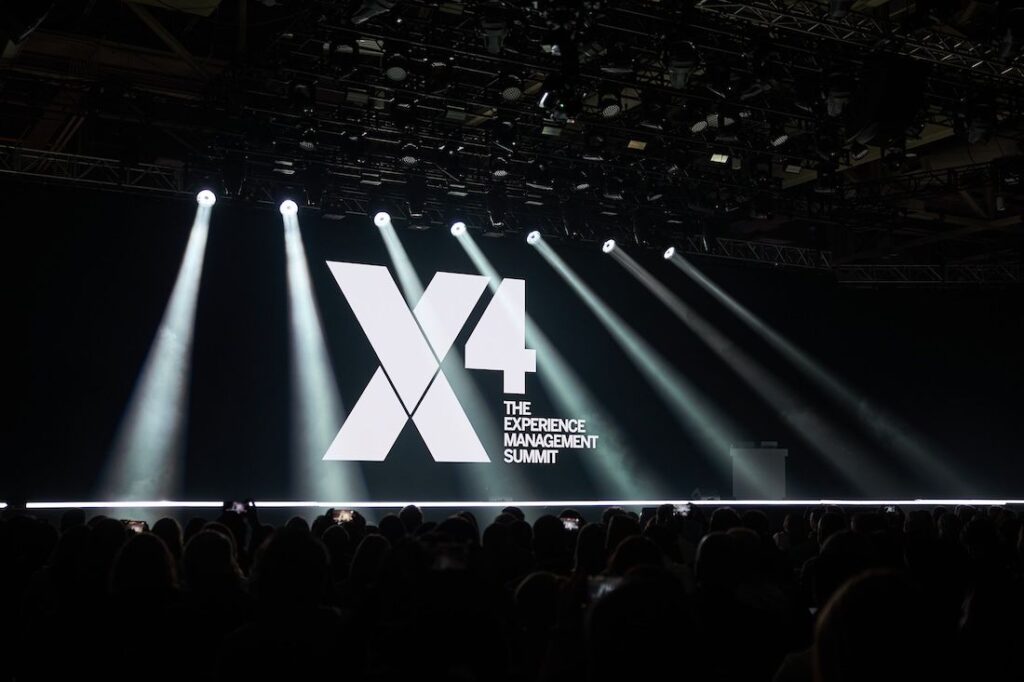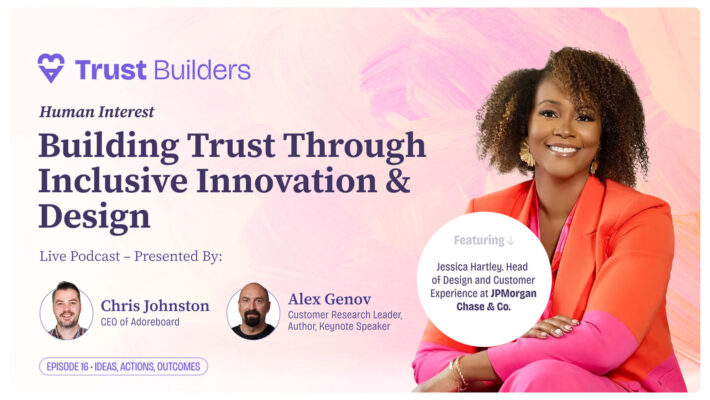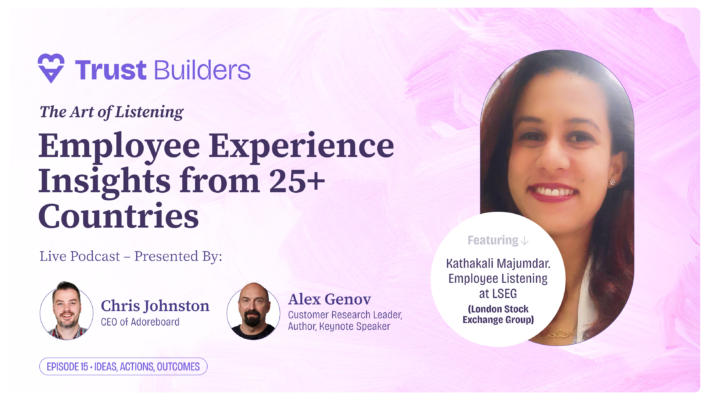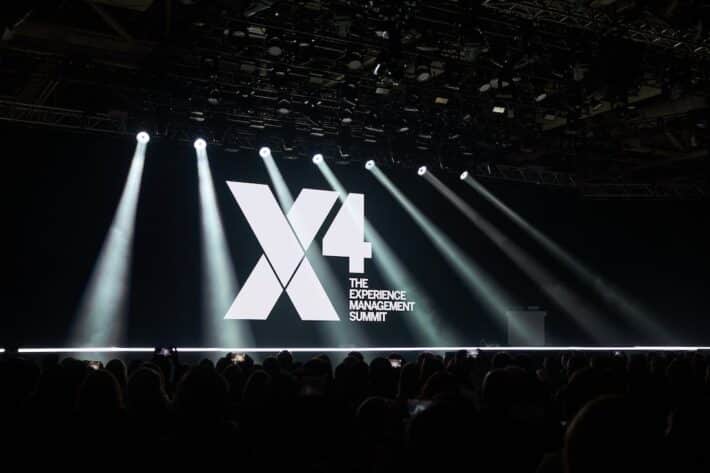We sat down with CX and EX leader John Gusiff to discuss his recent research project that benchmarked six retail coffee brands employee experience against the concept of The Irresistible Organization.
John Gusiff founded Customer Centric Solutions LLC in 2002 and is a CX strategy and experience design leader. A renowned expert in the roles of consumers, his clients have included American Honda, Canada Goose, Disney, Gympass, Lululemon, and other industry giants.
The Irresistible Organization
John cites researcher and author, Josh Bersin, to define the Irresistible Organization as “a place employees clamour to join and that rivals want to become.” It’s the kind of company where staff turnover is low, employee satisfaction is high, and this experience is passed onto the customer – creating a continuous loop of positivity.
The Irresistible Organization has six pillars on which employee feeling is judged: meaningful work, hands-on management, positive environment, health & wellbeing, growth opportunity, and trust in leadership.
These core tenets then get broken down into four sub-pillars on which John assessed employee emotion to plot just how attainable this kind of status was in this sector.
From unstructured data to clear, emotional insights
John knows better than most that to get a clear understanding of just how well a business is serving its own employees, you have to look beyond traditional metrics.
“Anyone in my field recognises that when you analyse a product, service, or any type of experience, there’s the context of emotion.”
After taking over 10,000 employee reviews across the six companies from Glassdoor, John ran the data through the Adoreboard platform, leveraging them against the pillars and sub-pillars of the Irresistible Organization.
He took samples from just before the onset of Covid-19 as well as over two years later once the US had settled into a ‘post-Covid state’ of normalcy again. He did this in order to benchmark how employees’ emotions towards their respective companies shifted over time, along with their priorities in the workplace.
Why Adoreboard?
The main reason why John chose to use Adoreboard’s platform for his research is, in his own words, simply down to detail.
“What intrigued me about Adoreboard is the ability to go against sentiment platforms… There’s a difference between sentiment and emotion.”
When surveying sentiment, such as with a traditional metric like Net Promoter Score, you are in danger of only asserting an unreliable number which is the sum of a lot of emotional touch points throughout someone’s relationship with a company. When you break down the ideas of the Irresistible Organization and plot employees emotional responses to them, you get a much broader, more genuine picture.
Sentiment alone, according to John, is difficult to action upon. The context and history behind someone’s sentiment is ignored in favour of an arbitrary number given in unnatural circumstances – i.e., being asked outright. By gauging the emotional responses to Glassdoor reviews given of an employee’s own volition, John was able to identify how they really felt about individual facets of their employment.
“When I think of ‘sentiment’, there may have been eight to ten different interactions that inform my sentiment of that brand. Once formed, that’s baked in.”
But getting that, to use John’s phrase, ‘organic data’, and forging it into a coherent dataset that can be actioned upon required a system that understood emotion and could apply it to his framework.
“Everyone has a great appreciation for the value of open ended feedback but it’s too time consuming to really leverage as an asset. Adoreboard removes that barrier.”
Emotional responses for empirical data
John’s hypothesis was that changes to working environments and patterns during Covid-19 would negatively affect the emotional responses from employees and damage the coffee firms’ aspirations for Irresistible Organization status.
Using the emotional responses in voluntarily given accounts leveraged a far more important and detailed data set.
“With survey data, what people say and what they feel are not the same. Employee reviews on Glassdoor: you can trust that they’re true. Nobody really holds back.”
The results were intriguing. John expected a general decline in Adore scores between both sides of the pandemic but the rate of this was greater than expected. On top of this, John noticed a shift in employee priorities regarding their careers.
Five of the six coffee brands examined declined their average Adore scores significantly, with a reduction of nine to seventeen points on average. Interestingly, the only brand not to see such a decline was Dunkin’, which had the lowest initial benchmark of the group.
Pre-Covid, there was a good fifty point delta in the spread of initial benchmarking, a process which in itself yielded some interesting responses. John found that more upmarket brands didn’t score as highly as anticipated and the mid-range brands tended to subvert expectations both negatively and positively. To the latter point, Dutch Bros, usually considered a midrange brand particularly focused in drive-throughs, scored the highest in general and across most of the pillars of the Irresistible Organization.
Starbucks, arguably the most ubiquitous coffee chain in the world and considered a market leader, scored generally in the middle of the road, lower than expected.
For a full breakdown of John’s study and how each brand performed when compared to the tenets of the Irresistible Organization as well as themselves pre and post-pandemic, you can see his study here.
Changing what working means
One of the factors that John noticed change pre and post-Covid was the change in emotional response to workers’ priorities in the workplace. The concept of “job fit”, part of the Meaningful Work pillar of the Irresistible Organization, notably shifted along with expectations of their job.
Whereas workers- particularly those working on the retail side- previously saw their jobs as more of a long-term step in a wider career, there was a growing trend to seeing them as more of a short-term job with day-to-day priorities. Expectations fundamentally changed and this impacted the different Adore scores around job satisfaction.
People also exhibited a change in what Job Fit meant to them and their priorities. Previously, comments that Adoreboard related to Job Fit priorities exhibited positive emotions around ideas such as leadership, management, and learning new skills. More recently, there was more of a positive focus on Job Fit meaning a fun environment, flexible schedules, etc. Ultimately, there was a shift away from their jobs being such a large part of their life and more of a short term situation to live around.
Espresso-ly interesting research
While John’s study yields results that sectors beyond US coffee brands can learn from, it highlights the value of this kind of research in how actionable its data is. It’s more than just seeing how different brands perform based on their own benchmarks and competitors, it also forges a path forward for companies looking at similar data. Compared to more traditional metrics, this is a huge improvement.
“If your NPS is twenty points lower than your competitor, you ask, ’What do we do now?’ Nobody knows!”
John’s dedication to emotional research within EX is driven by showing companies how they can specifically improve, making life better for their employees and pushing business forward.
“You have to give context to data to take action on it. If I’m in HR and I’m able to say that ‘investment in people’ or ‘transparency’ stand out as things we need to do better, I can start to build on that. I have something that’s more actionable.”

